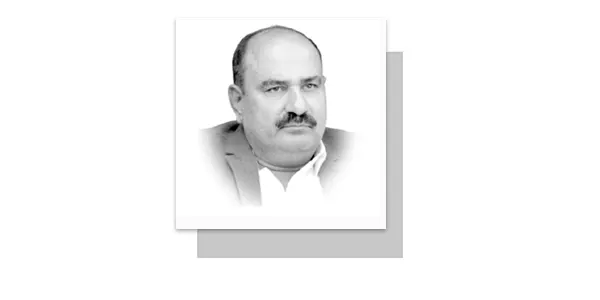TENSION between Iran and Israel has reached alarming levels, drawing the attention of the international community to the volatile situation in the Middle East. As the conflict persists, it becomes increasingly important to examine Iran’s perspective on the matter and its implications for regional stability.
Iran’s stance in the Iran-Israel conflict is deeply rooted in its commitment to the Palestinian cause and its steadfast opposition to Israeli aggression. Unlike many Muslim nations that maintain diplomatic relations with Israel or refrain from openly challenging its actions, Iran has emerged as a vocal critic and a staunch supporter of Palestine. With over 56 Muslim countries in the world, it is striking that only Iran openly challenges Israel’s actions, underscoring its determination to stand up for what it believes is right despite facing international pressure and sanctions.
At the heart of Iran’s support for Palestine lies its dedication to upholding the rights of Muslims and defending the sovereignty of Palestinian territories. The Palestinian struggle is not merely a political issue for Iran but a moral imperative, rooted in principles of justice and solidarity with the oppressed. Iran’s unwavering support for Palestine resonates deeply with many Muslims around the world, earning it credibility as a champion of Muslim rights in the face of Israeli aggression.
Amidst the escalating tension, Iran has consistently called for restraint and de-escalation in the conflict. Despite its adversarial relationship with Israel, Iran recognizes the potentially catastrophic consequences of a full-scale war in the region and has repeatedly urged all parties to seek peaceful resolutions through dialogue and negotiation. However, Israel’s reluctance to heed these calls for de-escalation only exacerbates the situation, fuelling further violence and instability in the region.
The recent escalation of hostilities between Iran and Israel has raised concerns about the possibility of a wider, potentially global, conflict. As both countries continue to engage in tit-for-tat attacks and provocations, the risk of miscalculation and unintended escalation looms large, threatening to plunge the entire region into chaos. In this volatile environment, the need for urgent action to prevent further escalation and pave the way for peaceful resolution is more pressing than ever.
It is imperative for Israel to listen to reason and halt its aggressive tactics. Failure to do so not only perpetuates human suffering but also increases the risk of a catastrophic conflict with far-reaching consequences. The international community must come together to pressure Israel into ceasing its hostilities and engaging in meaningful dialogue to address the underlying grievances fuelling the conflict.
Despite the challenges and obstacles that lie ahead, there is still hope for a peaceful resolution to the Iran-Israel conflict. The international community must play a proactive role in facilitating dialogue and negotiation between the parties involved, offering support and assistance where needed to address underlying grievances and foster mutual understanding.
Iran, for its part, remains committed to pursuing diplomatic solutions to the conflict, despite the numerous hurdles it faces on the international stage. As a key player in the region, Iran has a vested interest in promoting stability and security in the Middle East and is willing to engage constructively with all stakeholders to achieve these goals.
At the same time, it is essential to recognize the legitimate concerns and grievances of both Iran and Israel in the conflict. While Iran advocates for Palestinian rights and opposes Israeli aggression, Israel has its own security concerns and fears of existential threats that cannot be ignored. Any meaningful effort to resolve the conflict must take into account the interests and perspectives of all parties involved, seeking to address the root causes of the conflict and promote reconciliation and coexistence.
The Iran-Israel conflict remains a complex and challenging issue with far-reaching implications for regional stability and global security. Iran’s perspective on the conflict offers valuable insights into the underlying dynamics and challenges of achieving lasting peace in the Middle East. As the international community continues to grapple with these challenges, it is essential to remain committed to the principles of dialogue, negotiation and diplomacy in pursuit of a peaceful resolution to the conflict. Only through collective action and cooperation can we hope to build a brighter and more secure future for all parties.
—The writer is former Regional Executive Inclusive Development at NBP, Mirpur AK.
Email: [email protected]










